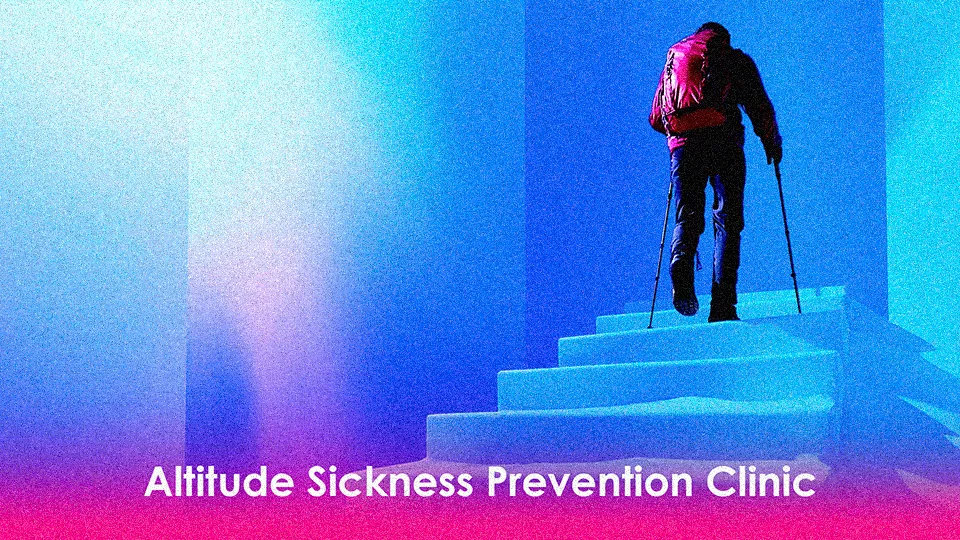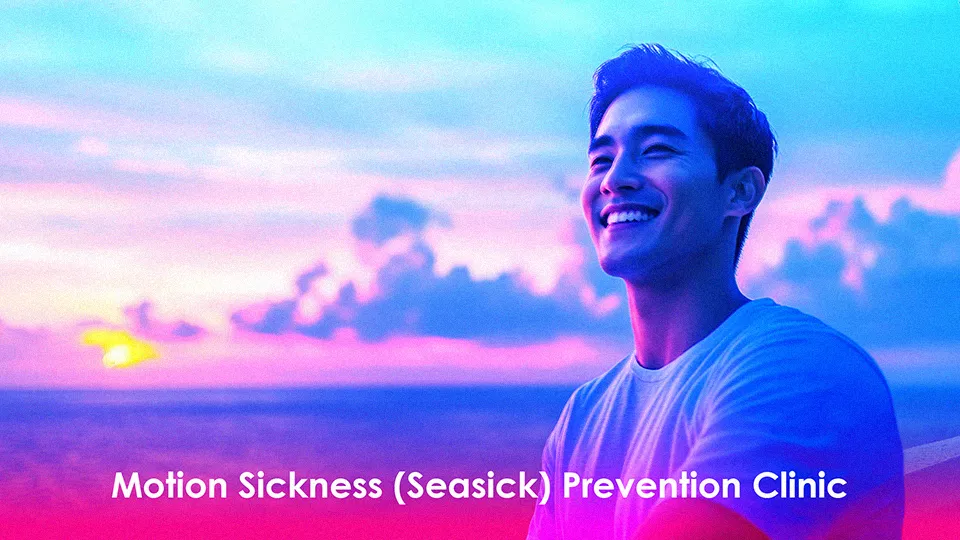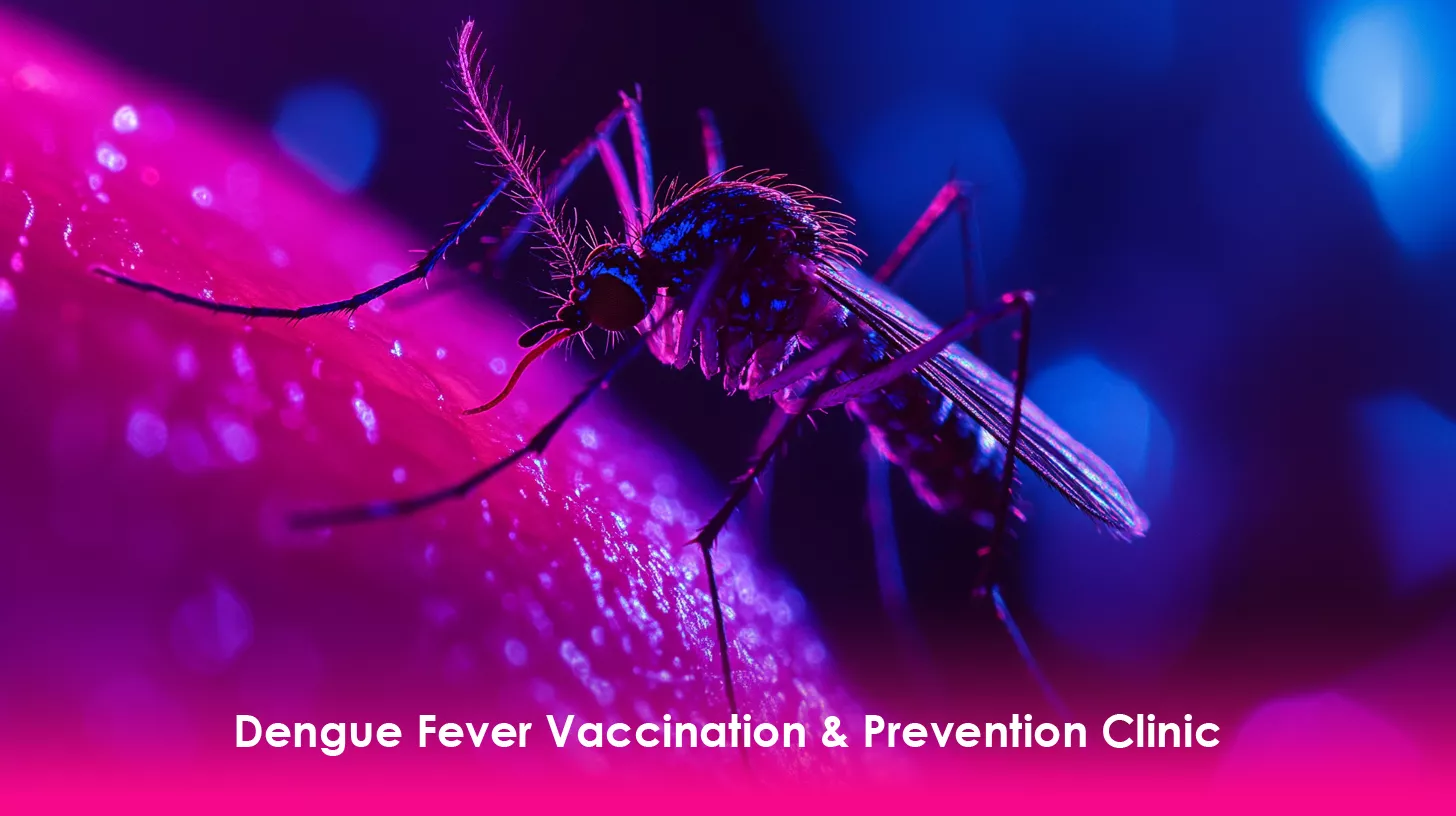Essential Medications for people traveling on cruise ship
3729
Can you board a cruise if you're ill? What occurs if you get sick during the trip? We are experts in sharing answers to these questions and more.

Essential Medications for people traveling on cruise ship
Cruising can be an incredible experience, offering adventure, relaxation, and breathtaking views. However, when travelling on a cruise ship, it's essential to be prepared, especially regarding your health. Whether you have pre-existing medical conditions or simply want to ensure you're ready for any unexpected illnesses, having the right medications on hand is crucial. Here’s a guide to essential medications for cruise travellers.
If you need medications while travelling, feel free to contact us!
🆘 Please email our online pharmacy service at pulseliving@pulse-clinic.com or chat on your preferred platform.
![]() +66-84-226-2569
+66-84-226-2569  @PulseRx
@PulseRx ![]() PulseClinic
PulseClinic
Cruise Ship Travel
Cruising is a popular travel option, but it's important to be mindful of potential health issues. Learn more about health concerns on cruises and what you can do to stay safe and well during your journey.
If you're feeling unwell before your trip, avoid travelling and enquire with your cruise line about rescheduling or refund options. If you become ill while on board, inform the ship's medical centre of your symptoms and follow their guidance.

Essential Prescription Medications to Bring on Your Travels
When packing for your trip, make sure to include any daily prescription medications in a Ziplock bag for easy access in your handbag. For my carry-on, I also include medications that I hope I won't need but will be grateful to have on hand just in case. These are always organised in a Ziplock bag for convenience.
Before taking any prescription medication that is not part of my usual regimen, I always consult my physician for approval. If I can't reach my doctor promptly, I prefer to wait for their response, ensuring that any new medication is safe for me to use.
Zofran: Known generically as Ondansetron, this medication is excellent for managing severe seasickness. It's commonly prescribed to cancer patients to alleviate nausea and vomiting caused by chemotherapy. I experienced its effectiveness firsthand when crossing the turbulent Drake Passage on a voyage to Antarctica; it relieved my nausea almost instantly. I opt for the sublingual version that dissolves under the tongue. As with many prescription medications, it may not be suitable for everyone, but if your doctor approves and you're anticipating particularly rough seas, consider yourself fortunate to have it on hand.
Antibiotics: Travelling, especially to areas with different hygiene standards or limited healthcare access, increases the risk of bacterial infections such as gastrointestinal, respiratory, or urinary tract infections. Having antibiotics on hand can allow you to quickly treat a bacterial infection if it occurs, helping to prevent complications and ensure a quicker recovery.
Sleep Aids: Travelling can be stressful, and anxiety about flying, unfamiliar environments, or schedules can interfere with your ability to sleep. Sleep aids can help alleviate some of that anxiety, allowing you to rest. Some individuals may have existing sleep disorders or health conditions that make it challenging to sleep while traveling. Sleep aids can provide temporary relief in these situations.
Tylenol: In some travel destinations, especially remote or rural areas, access to medical facilities may be limited. Having a reliable pain relief option can be essential when medical help is not readily available. Managing pain effectively while travelling can help ensure that it does not disrupt your plans or enjoyment of the trip. Having this medication on hand allows travellers to focus on their activities rather than discomfort.

Infectious Disease Health Risks
When travelling on cruise ships, passengers may be exposed to various infectious disease health risks. Close quarters and shared facilities can facilitate the spread of illnesses, making it crucial for travellers to be aware of potential health threats. Here are some key considerations:
- Common Infectious Diseases: Outbreaks of diseases such as norovirus, influenza, and COVID-19 can occur on cruise ships. These illnesses can spread rapidly in crowded environments, leading to significant health concerns for passengers and crew alike.
- Preventive measures: To mitigate the risk of infection, it's essential to maintain good hygiene practices. Regular handwashing with soap and water, using hand sanitiser, and avoiding close contact with sick individuals can help reduce the likelihood of illness.
- Vaccinations: Ensure that you are up-to-date with routine vaccinations, as many diseases that vaccines protect against are still prevalent in other countries. Consider consulting with a healthcare provider about any destination-specific vaccines you may need before your cruise.
- Travel Health Kit: Prepare a travel health kit that includes any necessary medications, first aid supplies, and items that may be challenging to find at your destination. This kit should contain over-the-counter medicines and any prescriptions you might need during your trip.
- Monitoring Symptoms: If you develop symptoms such as fever, vomiting, or diarrhoea during your cruise, report them immediately to the ship's medical enter. Early intervention can help manage symptoms and prevent the spread of illness to others on board.
Noninfectious Health Risks
While cruises offer enjoyable experiences, they can also pose various noninfectious health risks that travellers should be aware of. These risks can arise from factors such as lifestyle, environment, and underlying medical conditions. Here are some key points to consider:
- Motion Sickness: Many passengers experience seasickness or motion sickness due to the ship's movement. If you are prone to motion sickness, consult your healthcare provider about preventive medications before your cruise.
- Chronic Conditions: Travellers with chronic health conditions, such as diabetes, asthma, or heart disease, should take special precautions. Ensure you have an adequate supply of medications and a plan for managing your condition while at sea. It’s advisable to consult with your healthcare provider before travelling.
- Dehydration and Sun Exposure: Spending time outdoors in the sun can lead to dehydration and sunburn. To prevent these issues, drink plenty of water, use sunscreen with a high SPF, and wear protective clothing and hats while on deck.
- Emergency Medical Care: Medical facilities aboard cruise ships may not be as comprehensive as those on land. Passengers with significant health concerns should have travel insurance that covers medical care and evacuation in case of emergencies.
By understanding and addressing these noninfectious health risks, travellers can better prepare for a safe and enjoyable cruise experience.
Add us on Line and stay in touch.
IV Drip for Cruise Ship Travel
When preparing for a cruise, it's essential to consider your health needs, including whether you might require IV (intravenous) therapy during your trip. Here’s a guide to understanding the use of IV drips on cruise ships
Why You Might Need an IV Drip
- Hydration: Long days at sea or excursions can lead to dehydration, especially in hot weather. An IV drip can quickly replenish fluids and electrolytes.
- Nutritional Support: For individuals with specific medical conditions or those unable to eat properly, IV nutrition can help maintain energy levels and overall health.
- Medication Administration: Some medications are best delivered through an IV, especially for conditions like severe infections, chronic illnesses, or during recovery from surgery.
- Recovery from Illness: If you’re recovering from an illness, an IV drip can provide essential nutrients and hydration, allowing you to enjoy your cruise more comfortably.
Preparing for IV Drips on a Cruise
- Consult Your Doctor: Before your cruise, discuss any health concerns with your doctor. If you believe you may need IV therapy during the trip, your doctor can provide recommendations and necessary prescriptions.
- Check with the Cruise Line: Not all cruise lines have the same medical facilities. Confirm whether the ship has a medical centre that can administer IV drips and what services they offer.
- Bring Medical Documentation: If you have a condition that requires IV treatment, carry documentation from your healthcare provider outlining your needs and any specific medications you might require.
- Plan for Accessibility: If you need regular treatments, discuss this with the cruise line to see if they can accommodate your schedule and health needs.

During the Cruise
- Visit the ship's medical centre: If you need an IV drip while on board, you can visit the ship's medical center. The medical staff will assess your condition and determine the appropriate treatment.
- Know Emergency Procedures: Familiarise yourself with the ship's emergency procedures, including how to access medical care if needed.
No need to worry if you want IV Drip, please feel free to contact us at PULSE Clinic. There are a lot of branches in Thailand where you can treat yourself.
If you need medications while travelling, feel free to contact us!
🆘 Please email our online pharmacy service at pulseliving@pulse-clinic.com or chat on your preferred platform.
![]() +66-84-226-2569
+66-84-226-2569  @PulseRx
@PulseRx ![]() PulseClinic
PulseClinic
Before Your Trip
Before you travel, research your destination to determine any necessary vaccines or medications and identify potential health risks. Ensure that you are current on all routine vaccinations, as these immunisations protect against infectious diseases that can spread rapidly in crowded environments. Notably, outbreaks of chickenpox, flu, and COVID-19 have been documented on cruise ships.
While many diseases targeted by routine vaccines are rare in the United States, they remain prevalent in other parts of the world. Crew members and fellow passengers may come from regions where these diseases are more common or where vaccination practices are not as widespread.
Schedule an appointment with your healthcare provider or a travel health specialist at least 4 to 6 weeks before your departure. They can assist you in obtaining destination-specific vaccines, medications, and vital information. Discussing your health concerns, travel itinerary, and planned activities will enable them to offer tailored advice and recommendations. Additionally, remember to bring a copy of your official immunisation records when you travel.
After Traveling
If you feel unwell after your trip, especially if you have a fever, consult a healthcare provider and inform them about your travel history. Avoid close contact with others while you’re feeling sick.
Conclusion
Ensuring you have the essential medications for your cruise is vital for a safe and enjoyable journey. By consulting with your healthcare provider ahead of time, you can obtain necessary prescriptions and vaccinations tailored to your destination, while a well-prepared travel health kit will help you address any medical issues that may arise on board. Prioritising your health through proactive measures and staying informed about potential risks will allow you to fully embrace the adventure of cruising without the worry of unforeseen health concerns.
If you need medications while travelling, feel free to contact us!
🆘 Please email our online pharmacy service at pulseliving@pulse-clinic.com or chat on your preferred platform.
Trust PULSE CLINIC to take care of your health like other 45000 people from over 130 countries. We provide discreet professional service with high privacy. Here to help, not to judge.
Loading...
Clinic Locations
Loading...









